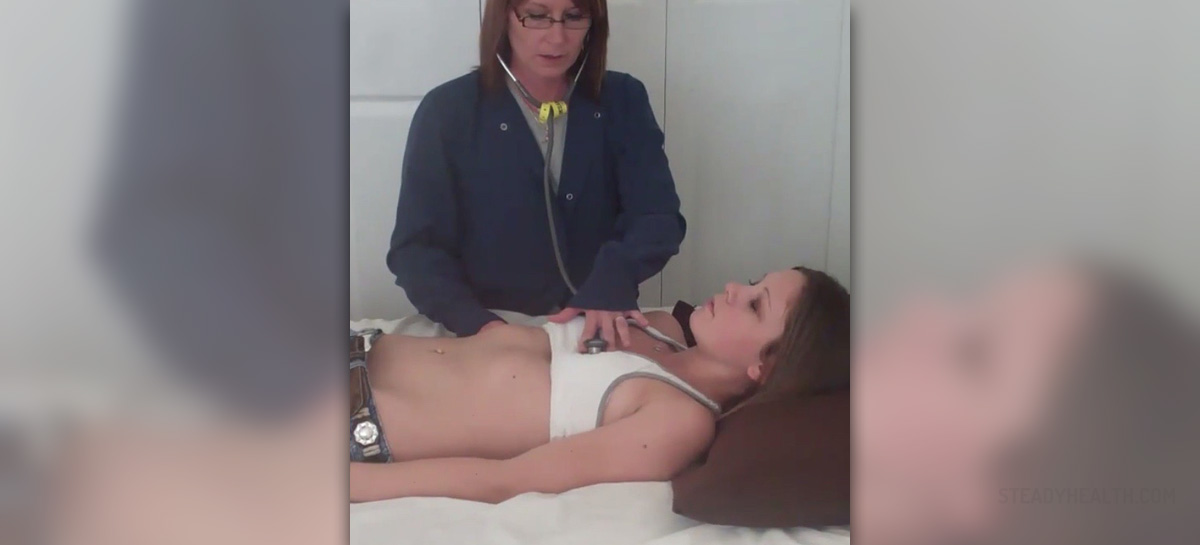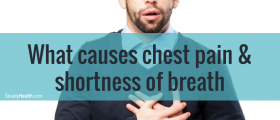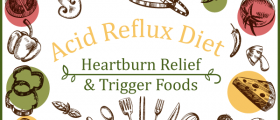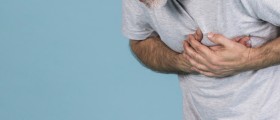Chest Pain after Eating
Chest pain usually means any kind of tightness, discomfort or soreness in the chest. This feeling can be very quick and feel like a stabbing pain or it can be a general pressure within the chest and the duration of the sensation can last anywhere from simply being instantaneous to hours or even days. The duration and the type of chest pain can determine the cause, if diagnosed correctly. Before beginning the treatment, the root cause of the chest pain must first be determined in order to find a suitable treatment.
Suffering chest pain specifically after eating can be worrisome for some people. Chest pains are more common in middle-aged or older people. Serious pains can be indicative of heart disease or heart attacks. Unhealthy dietary choices will always affect one's health and diets with a lot of bad fats will affect the heart specifically. Chest pain can sometimes be caused by the heart having trouble functioning correctly due to a high cholesterol diet, but the pain could also be simple acid reflux.
Causes of Chest Pain after Eating
Typical causes can be anything from cardiac distress (heart attacks) to more subtle reasons like emotional anxiety. The most important thing to know is the specific cause of the chest pain, as this is the only way to know how to treat it. Otherwise, incorrect treatment can aggravate the symptoms instead of alleviate them.
Gastroesophageal reflux disease is a common cause of chest pain after eating. With this disease, stomach acid rises into the esophagus and causes a burning sensation that is usually felt behind the sternum.
- older age,
- excessive body mass index (BMI),
- smoking,
- anxiety/depression,
- less physical activity at work,
- eating habits including the acidity of food, as well as size and timing of meals, particularly with respect to sleep.
Certain conditions of the esophagus can cause the muscles within it to spasm uncontrollably, as the swallowing muscles of the esophagus are not properly coordinated. If the spasms are severe enough, they can cause a substantial amount of pain.
A condition known as hiatal hernia can also cause chest pain. This type of hernia occurs when a portion of the stomach presses into the diaphragm, giving a feeling of discomfort.
Other causes include problems with the pancreas or gallbladder, where the pain will start in the abdomen and spread to the chest.
Treatment
As said above, the treatment will depend on the actual cause. A healthy diet is always the first step to alleviating chest pain after eating, since an unhealthy one will negatively impact the overall health in the first place.
Certain foods containing high amounts of caffeine, sugar, alcohol, mint, tomato, onion, garlic or large amounts of fats can all lead to various problems that can cause chest pain, so sufferers of frequent pains are advised to avoid these foods. Frequent chest pains may be cause for alarm and should be taken to a medical professional.


















Your thoughts on this
Loading...